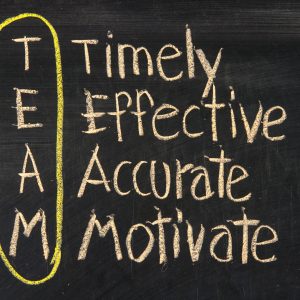Why State Dementia Training Requirements Are Expanding
More than 5.5 million people across the United States are living with Alzheimer's disease and other forms of dementia. As the baby boom generation ages, the numbers are projected to grow at alarming rates. Although state dementia training requirements vary greatly, overall requirements are expanding for certified nursing assistants, administrators, licensed practical nurses, health aides, personal care assistants and law enforcement and emergency personnel.







